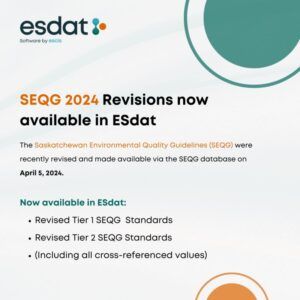The Georgia Environmental Protection Division provides detailed information on Georgia Risk Reduction Standards (RRS) following the updates effective September 25, 2018. Here are the main points regarding RRS:

1. Types of RRS: There are five types of RRS values:
- Type 1: Used for residential properties based on standardized exposure assumptions and defined risk levels.
- Type 2: Also for residential properties but based on site-specific risk assessments.
- Type 3: Similar to Type 1 but for non-residential properties.
- Type 4: Non-residential properties requiring site-specific risk assessments.
- Type 5: Used when Types 1-4 are not applicable. It allows contamination to remain if controlled by engineering and institutional measures.
2. Calculation and Application:
- The RRS values for each regulated substance must be calculated based on the site’s usage and exposure potential.
- Tables of select Type 1 and Type 3 RRS values have been updated and are provided on the webpage.
3. Compliance and Documentation:
- A Compliance Status Report (CSR) must discuss the RRS values chosen, the reasons for the selection, and how the regulated substances compare to these values.
- If non-default values are utilized, a detailed explanation must be provided.
4. Common Mistakes in RRS Calculation:
- Failure to use default groundwater standards for Type 1 RRS for groundwater.
- Incorrect calculation of site-specific distribution coefficients.
- The Integrated Exposure Uptake Biokinetic (IEUBK) Model for children is not running for determining Soil Type 2 RRS for lead.
5. Ecological Health Assessments:
- The process involves an 8-step Ecological Risk Assessment to compare Regulated Substances’ Maximum Detected Concentrations with Ecological Screening Values and approved Background Values.
Compiled environmental regulatory guidelines on ESdat Data Management Software
This article comprehensively summarises the rules and practices for applying Georgia Risk Reduction Standards RSS for hazardous sites. It emphasizes accurate calculation and compliance with state standards to improve public and environmental health.
Related Articles to Georgia Risk Reduction Standards (RRS)
GA RRS: Georgia Administrative Code Rule 391-3-19-.07: Risk Reduction Standards Summary
HUMAN HEALTH RISK ASSESSMENT (HHRA) NOTE NUMBER 3, DTSC-modified Screening Levels (DTSC-SLs)
Guidelines for Managing Risk in Recreational Water 2008 in Australia






